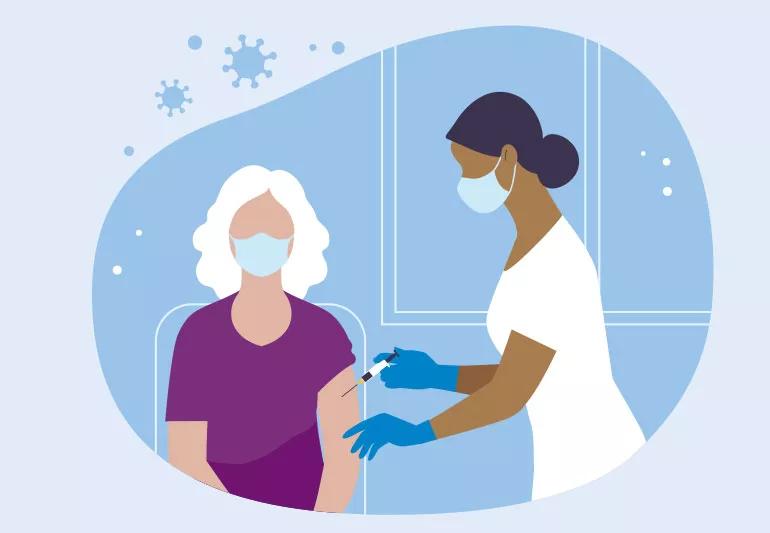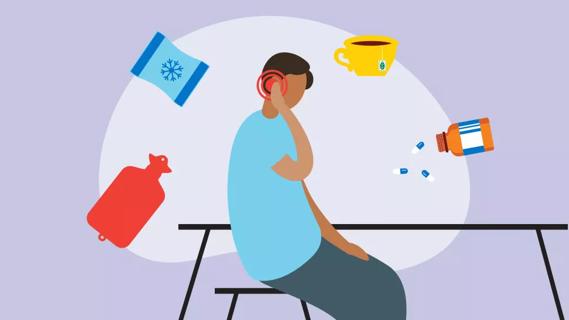Advertisement
While the news is promising, check with your healthcare provider first

A: On August 12, 2021, the FDA updated its emergency use authorization for both Pfizer-BioNTech’s and Moderna’s COVID-19 vaccines for immunocompromised individuals, specifically, solid organ transplant recipients (kidney, liver, intestines, heart, lung and pancreas) or those who are diagnosed with conditions considered to be at the same level of immunocompromise.
Advertisement
Cleveland Clinic is a non-profit academic medical center. Advertising on our site helps support our mission. We do not endorse non-Cleveland Clinic products or services. Policy
Transplant recipients have to be very careful because their immune systems are suppressed to reduce the chances of their bodies rejecting the new organs they receive. Overall, immunocompromised people are at increased risk for poor outcomes from COVID-19, and studies have shown a reduced antibody response for this patient population after vaccination.
On October 20, 2021, the FDA amended the EUA to include booster shots of all three vaccines (Pfizer, Moderna and Johnson & Johnson). For Pfizer and Moderna, the parameters are patients:
Additionally, the Johnson & Johnson vaccine booster was cleared for all recipients age 18 and up who received the single dose that one-shot vaccine. The FDA is also allowing a “mix and match” system for boosters. In other words, once you’ve completed your original vaccine dose, you can receive any of the available vaccines as a booster.
In July, the Centers for Disease Control and Prevention’s (CDC) Advisory Committee on Immunization Practices (ACIP) presented “Data and Clinical Considerations For Additional Doses In Immunocompromised People” during a meeting. One finding in this presentation was that recent studies have indicated that additional COVID-19 vaccine doses in immunocompromised people enhanced antibody responses and increased the proportion that responded. In smaller studies, the immunological responses of the third dose were about the same as prior doses.
Advertisement
Currently, the CDC recommends that moderately to severely immunocompromised people receive an additional dose. This includes people who have:
If you qualify, you can get the third dose of a COVID vaccine as soon as possible. However, talk to your healthcare provider first to determine if you should.
— Hematologist Matt Kalaycio, MD
Advertisement
Learn more about our editorial process.
Advertisement

Just like the flu, COVID-19 continues to evolve every year with new and smarter variants

The latest omicron subvariants carry specific mutations that may allow the SARS-CoV-2 virus to be better at evading immune protection

Research shows the virus can affect your ability to get or maintain an erection

RSV can lead your child to develop pneumonia and have trouble breathing

Getting vaccinated in October can help protect you against severe illness between November and March

Respiratory syncytial virus spreads easily through respiratory droplets spewed out by those who are infected

Face-touching is a common habit, but one that can be overcome, like by learning to recognize when you’re doing it and keeping your hands distracted

You can work out with mild COVID-19, but not in a gym, and listen to your body and don’t overdo it

Not all ear infections need antibiotics — cold and warm compresses and changing up your sleep position can help

A glass of lemon water in the morning can help with digestion and boost vitamin C levels, and may even help get you into a better routine